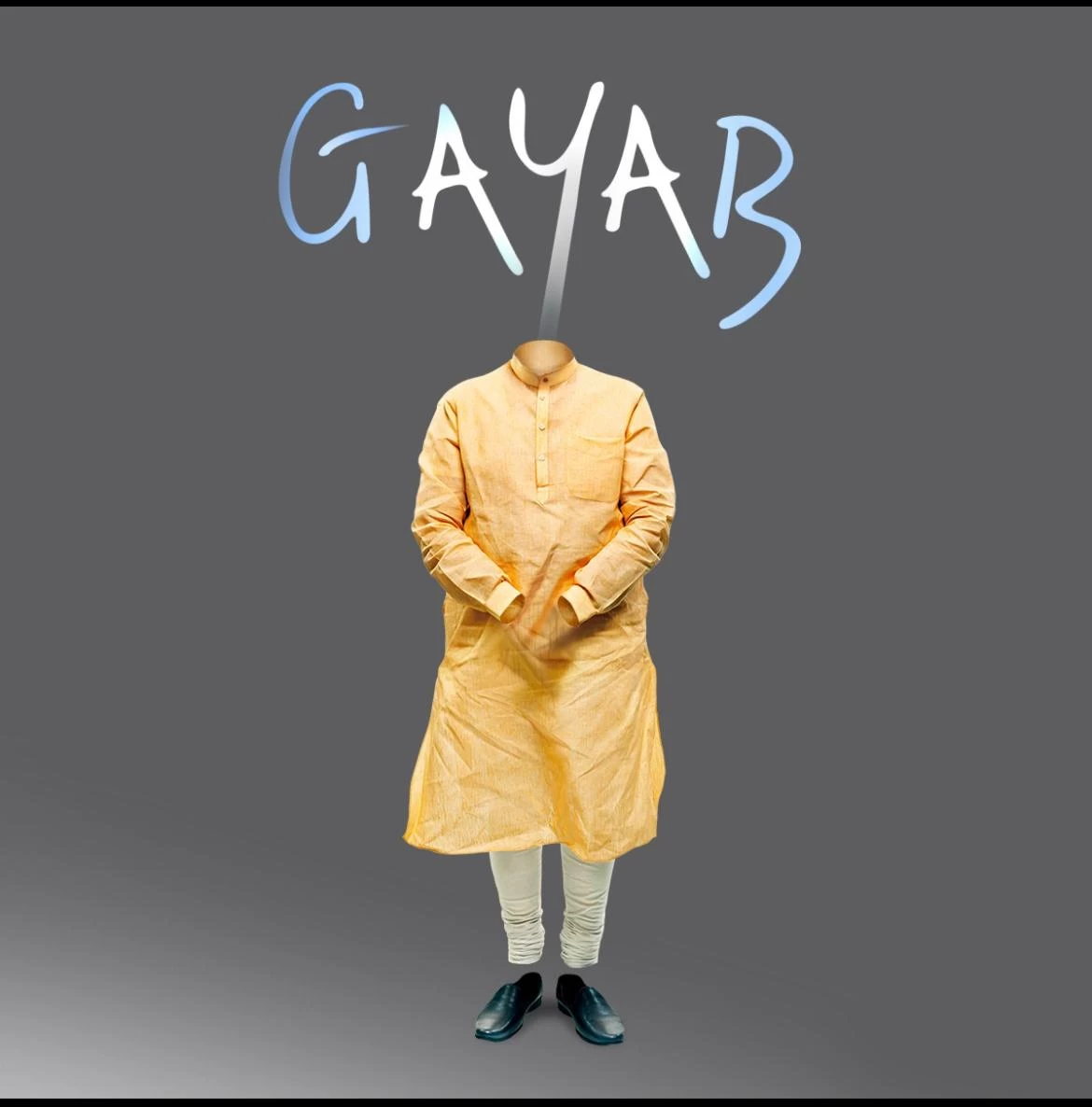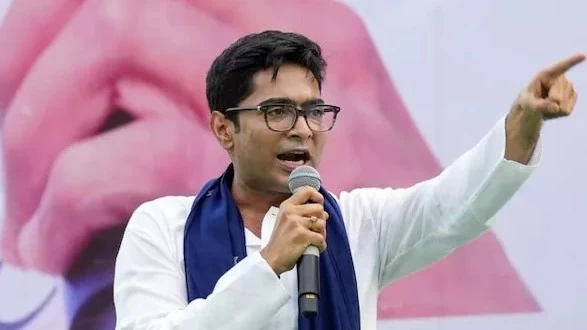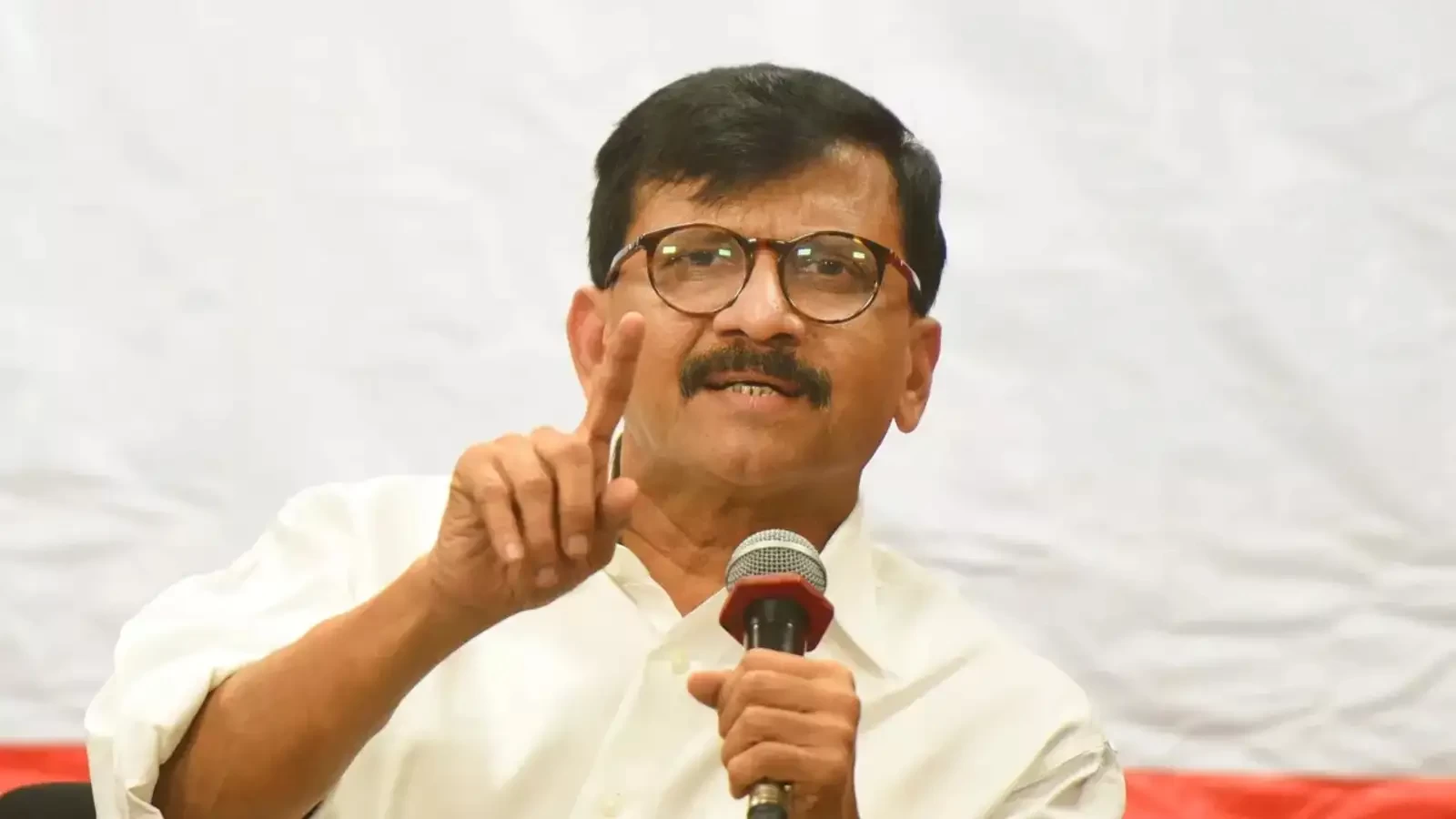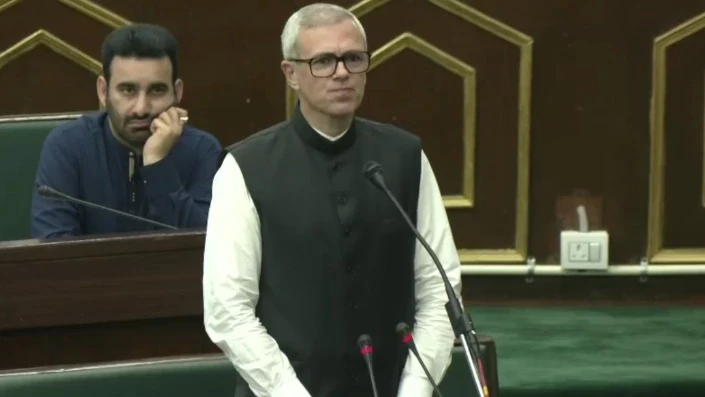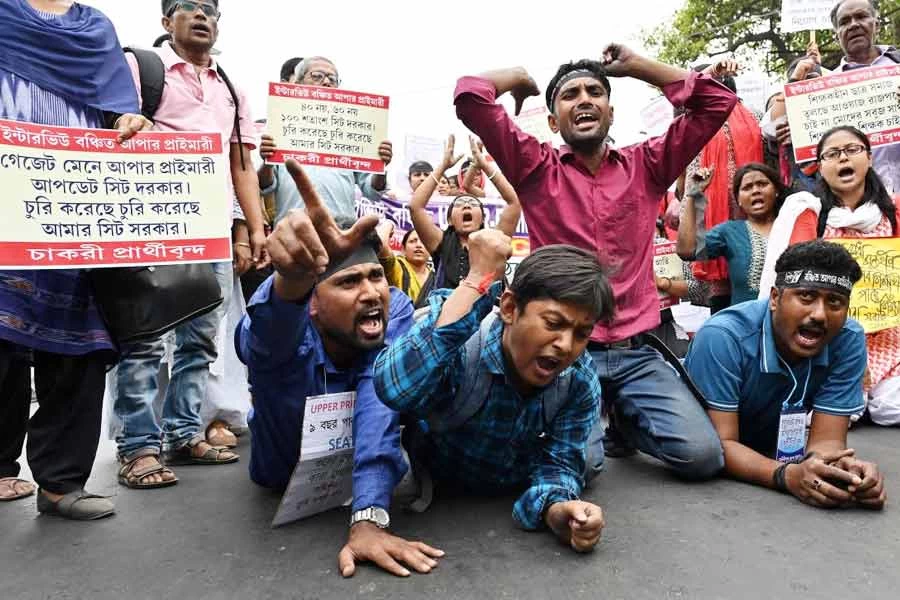Latest Updates
CWG Corruption Case Ends After 13 Years; Delhi Court Accepts ED Closure Report
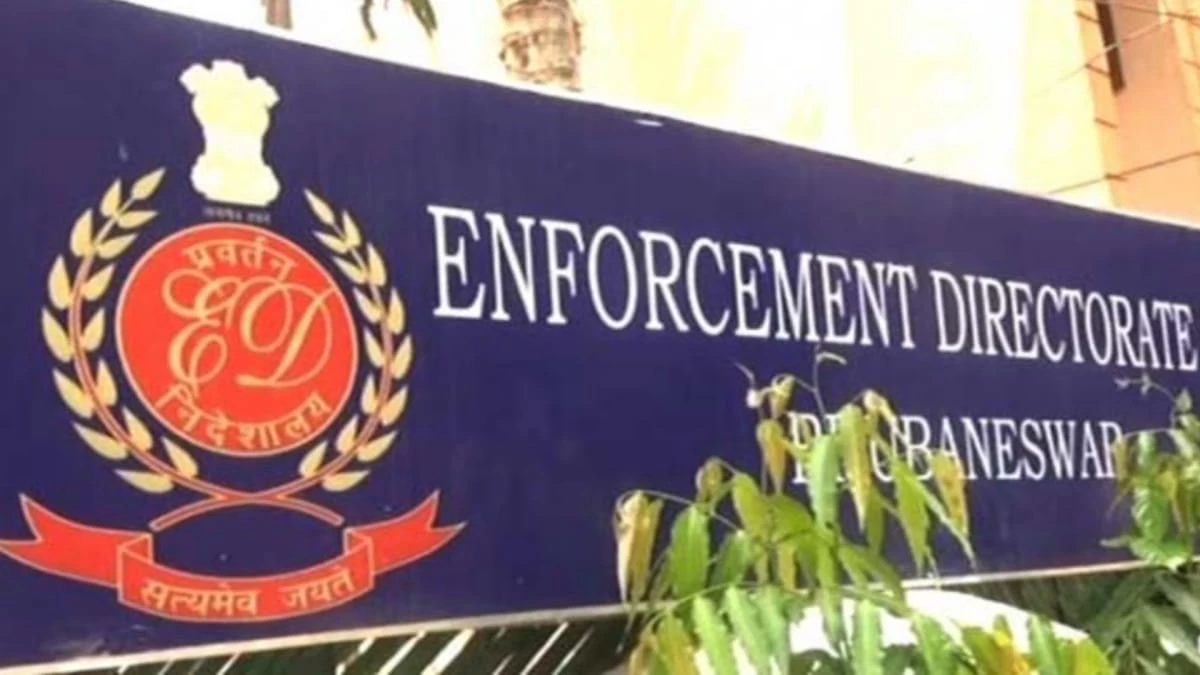
Thirteen years after allegations of financial misconduct rocked the 2010 Commonwealth Games, a Delhi court has finally accepted the Enforcement Directorate’s (ED) decision to wrap up its money laundering probe, marking the end of legal proceedings linked to the high-profile case.
The scandal had once placed the spotlight on key figures such as Suresh Kalmadi, then Chairman of the CWG Organising Committee, and Lalit Bhanot, the Committee’s former Secretary General. They were accused of irregularities in awarding contracts worth crores, triggering probes by multiple central agencies.
However, Special Judge Sanjeev Aggarwal of the Rouse Avenue Court noted that the Central Bureau of Investigation (CBI) had already closed its corruption case, leading to the ED’s subsequent inquiry into alleged money laundering.
The ED’s report listed several individuals and entities, including Vijay Kumar Gautam (former COO of the Organising Committee), A.K. Matto (then treasurer), Event Knowledge Services (EKS), and its CEO Craig Gordon MeLatchey. The charges centered around alleged manipulation in awarding two major contracts, resulting in financial gains for some and losses to the Organising Committee.
Despite the magnitude of the accusations, the court observed that the ED failed to establish the existence of “proceeds of crime” under Section 3 of the Prevention of Money Laundering Act (PMLA). The investigation also found no evidence of a predicate (scheduled) offence, as defined under Section 2(1)(y) of the Act.
In its final decision, the court acknowledged that the prosecution could not produce sufficient material to sustain charges under Sections 3 and 4 of the PMLA. "The basic ingredient of a money laundering offence — proceeds of crime — was never established," the court noted while accepting the closure report.
This follows the 2016 acceptance of the CBI’s closure report in the related corruption case, which involved officials from the CPWD, DDA, and a private firm. The CBI had earlier concluded, in 2014, that it had found no incriminating evidence to support the charges.
With both the ED and CBI unable to prove any wrongdoing, the Commonwealth Games corruption saga, once a national headline, has finally reached its legal conclusion.




